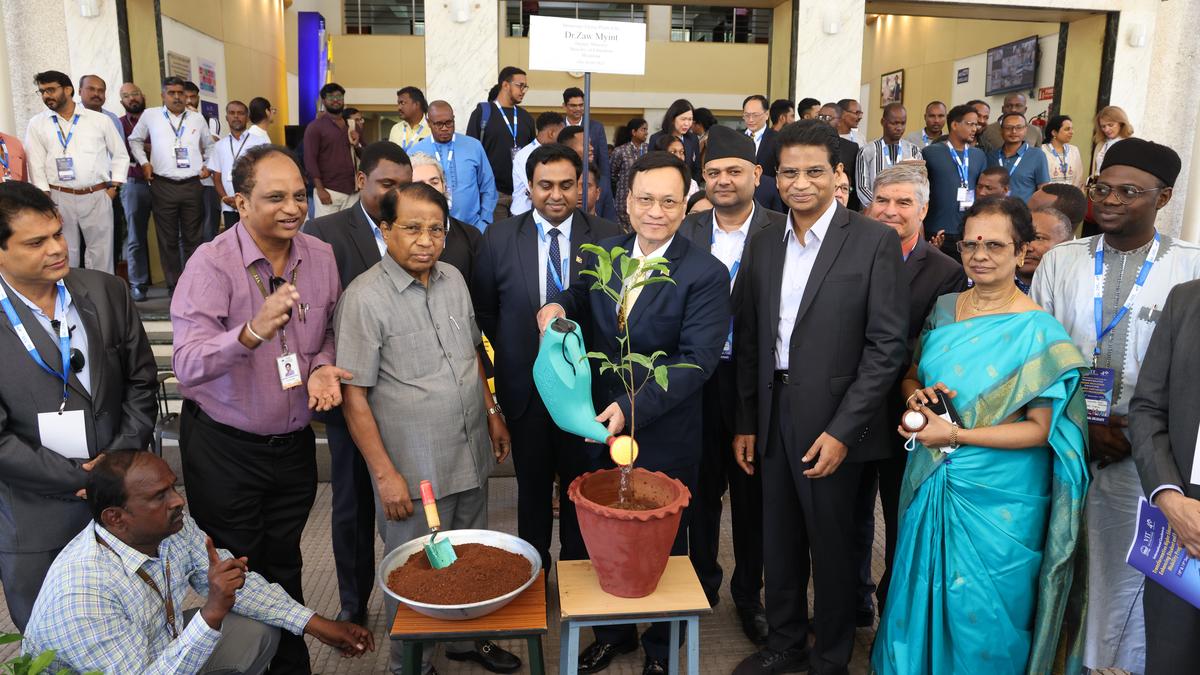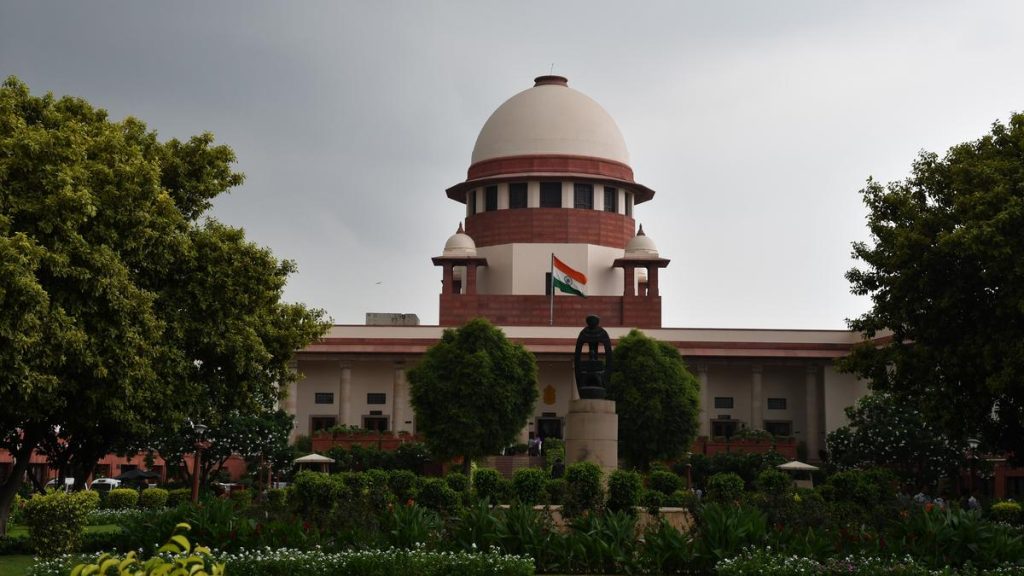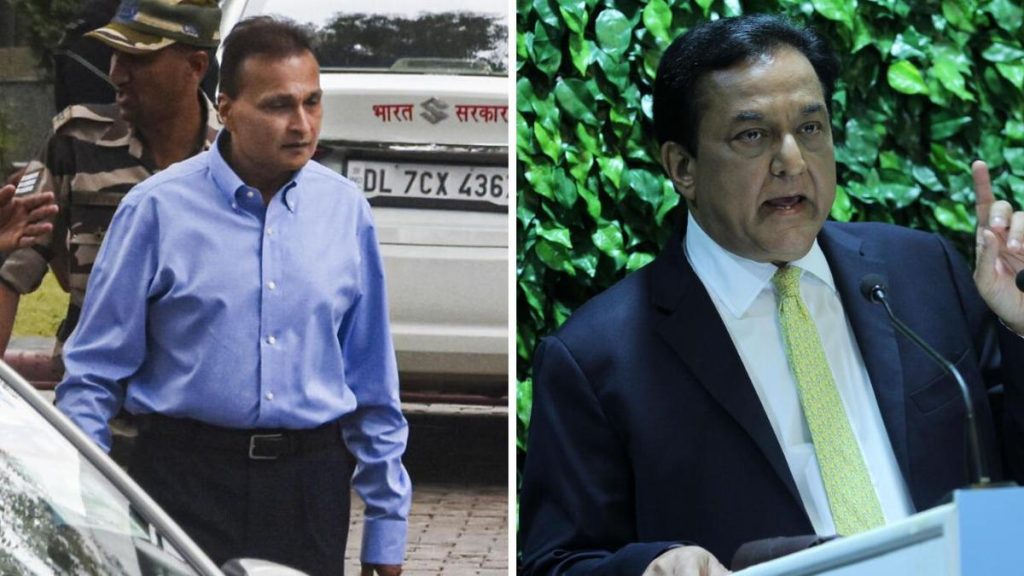Now Reading: Call for Increased Government Funding in Higher Education
-
01
Call for Increased Government Funding in Higher Education
Call for Increased Government Funding in Higher Education

Swift Summary
- G. Viswanathan, VIT Founder-Chancellor, urged the Center and State governments in India to increase fund allocation for education to encourage higher education among rural students.
- Currently, India spends less than 3% of its GDP on education, compared to other countries that allocate over 5%-6%.
- He emphasized the link between economic advancement and educational progress.
- Improved relations between India and China may enable collaborative learning opportunities for students from both countries.
- The NEP 2020 plans to abolish the affiliation system in colleges, potentially enhancing India’s ability to participate globally in higher education programs.
- Viswanathan advocated for developed nations to provide better support-such as free or nominal tuition fees-for students from developing countries studying abroad.
- Delegates from 27 countries attended an international conclave at VIT focused on transformative higher education and student mobility programs.
Indian opinion Analysis
India’s current spending on education (below 3% of GDP) substantially trails global benchmarks cited by G.Viswanathan. Boosting investment could make higher education more accessible in rural areas while driving long-term economic growth tied to a robust educational infrastructure. Enhanced cooperation with nations like China through academic exchanges may strengthen India’s global academic presence-particularly relevant with the abolition of college affiliation under NEP 2020.Viswanathan’s call for international compassion toward foreign students touches broader issues surrounding educational equity globally; however, initiatives requiring developed nations’ participation might face varied implementation challenges based on domestic priorities elsewhere.
Read More: Original Article Link

























